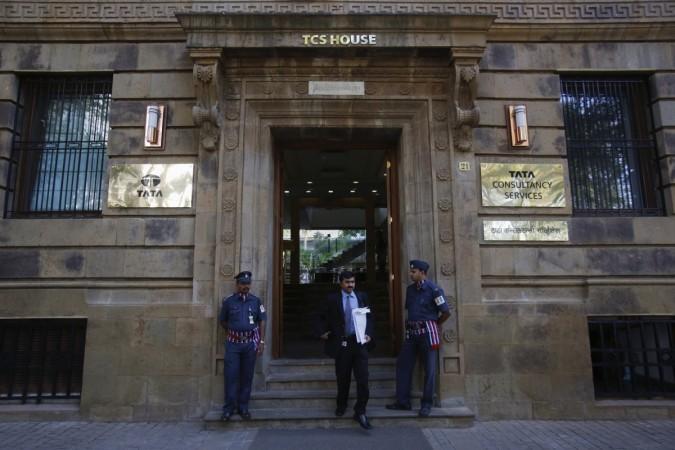
An American IT professional, who worked with Tata Consultancy Services (TCS) has filed a lawsuit against the company accusing it of practising discrimination against Americans in its US offices and favouring South Asians in hiring and promotion.
Steven Heldt, who filed the lawsuit against India's largest software exporter in a San Francisco federal court on Tuesday, has alleged that a "substantial anti-American sentiment" prevailing in the company led to his termination.
Heldt, who worked at TCS for about 20 months, has further alleged that nearly 95 percent of TCS's 14,000 US employees are of South Asian origin, mainly from India.
Despite being "highly skilled" with experience of around 20 years in information technology (IT), he was asked to do tasks that did not require much skills, Heldt said.
He has also accused the company of keeping him on bench while allowing the South Asian employees to do the job that was originally assigned to him.
However, TCS in its response, has dismissed Heldt's claims as "baseless" and said it will defend against the allegations made by him, according to Benjamin Trounson, a US spokesman for Mumbai-based company said in a statement, according to Computerworld.
"TCS is an equal opportunity employer, and as such, bases its employment decisions—including recruiting, hiring, promotions, retention, and discipline—on legitimate non-discriminatory business reasons without regards to race, national origin" and other characteristics protected by law, he said.
Further, the lawsuit contends that TCS hires H-1B workers in large numbers, a practice that led to "grossly disproportionate workforce." It says TCS sponsored nearly 21,000 new H-1B visas during 2011-2013.
Replying to allegations of disproportionate hiring of South Asians in the US, Trounson said that the company recruited more than 2,600 Americans in last year alone.
The lawsuit against the company comes at a time when a bipartisan group of 10 US Senators are demanding a probe by federal authorities into the practice of replacing US IT workers with others by companies, using H-1B visas.

















